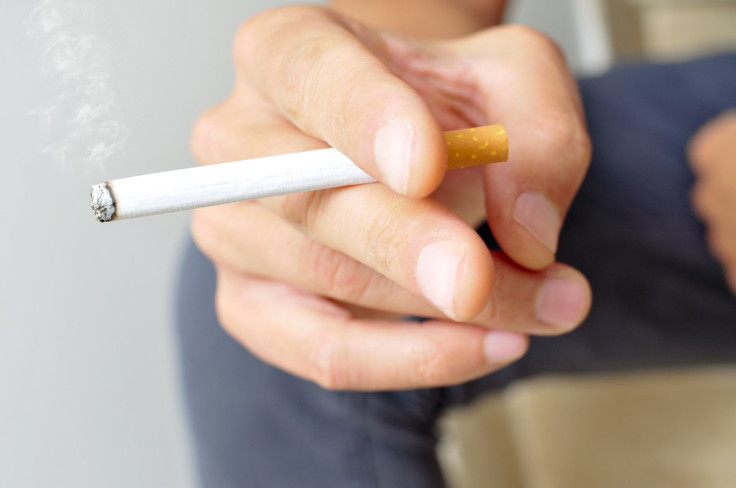Changes In Working Memory Among The Effects of Quitting Smoking, May Predict Relapse

Ask any smoker: Quitting cigarettes is hard work. But because the life-saving benefits are worth it, many researchers are doing their best to understand the process well enough to properly hack it — to make it easier for anyone willing to attempt it. A new study from researchers at Penn Medicine shows how quitting sets off a series of changes in the brain so they can predict, with greater accuracy than any current method, which smokers will relapse. In fact, unlike smokers who quit successfully, those who relapse within one week show specific disruptions in their brain's working memory system during their brief period of abstinence.
"The neural response to quitting even after one day can give us valuable information that could inform new and existing personalized intervention strategies for smokers, which is greatly needed," said Dr. James Loughead, associate professor of Psychiatry and lead author of the study, in a press release.
This is the Prize
They say nobody likes a quitter, but smoking is the one instance where this is simply not true. Not only is smoking a waste of your precious cash, there are real benefits to letting go of the nasty habit, including these health prizes:
- You will lower your risk of lung cancer and many other types of cancer.
- Your will risk of heart disease, stroke, and vascular disease decreases.
- You will lessen the risk of developing coronary heart disease within just one to two years after quitting.
- Your coughing, wheezing, and shortness of breath will decline or in some cases end.
While smoking in the United States is at an all-time low for adults, there are still 42 million Americans, teens, and young adults among them, who continue to smoke. Remember, a healthier life means an easier life. Being sick is difficult. It’s never too late to give up the cancer sticks and improve your health.
For the current study, the research team gathered 80 participants between the ages of 18 and 65 who smoked more than 10 cigarettes a day for more than six months. Next, the participants underwent brain scans (functional MRIs) so that the researchers could explore the effects of brief abstinence from smoking on working memory and its relationship to brain activity. The first fMRI session occurred immediately after each participant smoked while the second transpired 24 hours after a trial period of abstinence.
Following this, the participants began counselling and set a future quit date for themselves. Exactly seven days after that target date, the researchers visited each participant to assess their smoking behavior — and to conduct a urine test. Past research suggests quitters who remain tobacco-free after seven days will likely remain that way for six months, if not longer.
So how did our quitters do? Of the 80 smokers, 61 relapsed and 19 quit successfully at the one-week mark, the researchers reported.
Looking at the brain scans, the researchers noticed the smokers who relapsed (compared to those who quit) had decreased activity in the left dorsolateral prefrontal cortex, which controls executive functions, including working memory. Working memory is an essential cognitive function necessary for staying focused, blocking distractions, and completing tasks. Participants who relapsed also had a boost in their brain’s default mode network, which is more active when people are in a so-called "introspective" state.
"This is the first time abstinence-induced changes in the working memory have been shown to accurately predict relapse in smokers," said Dr. Caryn Lerman, a professor of psychiatry and director of Penn's Center for Interdisciplinary Research on Nicotine Addiction, in the press release. Having pinpointed these areas of neural change, researchers may use them as therapeutic targets in future experiments with the hopes that a more personalized approach can help people who want to quit the dangerous habit of smoking.
Source: Loughead J, Wileyto EP, Ruparel K, et al. Working Memory-Related Neural Activity Predicts Future Smoking Relapse. Neuropsychopharmacology. 2014.



























